Although military-level communication between the two geopolitical rivals has resumed since President Xi Jinping met with Biden in San Francisco in November, tensions persist with Washington forging deeper ties with several of Beijing’s neighbors.
US defense chief Lloyd Austin expected to meet Chinese counterpart Dong Jun in SingaporeThe meeting, to be held during the Shangri-La Dialogue next week, will be their first since they spoke on the phone in April
The announcement follows intense efforts by the US to forge closer defense ties with several of China’s neighbors
US Defense Secretary Lloyd Austin is set to meet his Chinese counterpart Dong Jun in Singapore next week, the Pentagon said on Friday.
The defense chiefs will talk face-to-face on the sidelines of Shangri-La Dialogue – an annual high-level defense summit in the Asia-Pacific region – for the first time after Dong was named China’s Minister of National Defence in December.
The plan comes after their first video call last month, which marked the first high-level, military-to-military contact between the two countries after more than two years.
The virtual talks in April covered “defense relations and regional and global security issues”, including
- The South China Sea,
- Russia’s war against Ukraine,
- Provocations by North Korea,
- the Taiwan Strait and
- Defense relations between the US and China, according to the Pentagon.
While the Pentagon did not provide further details about the coming meeting with China, it said Austin’s trip to Singapore and Cambodia “comes as the Department of Defense continues to strengthen US relationships with allies and partners in support of a shared regional vision for peace, stability and deterrence”.
- Soon after the trip announcement, the agency said Austin will undergo a medical procedure on Friday evening.
- It said the procedure is related to bladder issues, and not his previous cancer diagnosis.
- Earlier this month, the US assembled a strategic coalition dubbed “Squad” to counter China in the strategically vital Indo-Pacific region.
- After the talks, the defense chief announced that the quadrilateral group will explore the possibility of conducting more maritime exercises and extending greater security assistance to Manila.
- The first meeting of “Squad” defense ministers also took place on the sidelines of the Shangri-La security dialogue in Singapore in June 2023.
- The bilateral meeting between Biden and Kishida resulted in new defense agreements, including cooperation on a joint command structure and, along with Australia, develop a new air missile defene network.
- The high-level meeting concluded with the US reaffirming defense commitments to its two allied partners amid China’s increasing pressure in the contentious region due to conflicting territorial claims.
- In April, Manila accused China of “dangerous maneuvres and obstruction” near the disputed Scarborough Shoal.
CONVERSATIONS (1)
Secretary of Defense Lloyd Austin attends a hearing of the Senate Appropriations Committee Subcommittee on Defense on Capitol Hill, Wednesday, May 8, 2024, in Washington. (AP Photo/Mark
WASHINGTON (AP) — Defense Secretary Lloyd Austin will undergo a medical procedure at Walter Reed National Military Medical Center Friday evening and will transfer power temporarily to his deputy, Pentagon press secretary Maj. Gen. Pat Ryder said in a statement.
Austin is continuing to deal with bladder issues that arose in December following his treatment for prostate cancer, Ryder said.
The procedure is elective and minimally invasive, “is not related to his cancer diagnosis and has had no effect on his excellent cancer prognosis,” the press secretary said.
Austin will transfer authority to Deputy Secretary of Defense Kathleen Hicks while he is indisposed, the Pentagon said.
Austin, 70, has had ongoing health issues since undergoing surgery to address a prostate cancer diagnosis. He spent two weeks in the hospital following complications from a prostatectomy. Austin faced criticism at the time for not immediately informing the president or Congress of either his diagnosis or hospitalization.
Austin was taken back to Walter Reed in February for a bladder issue, admitted to intensive care for a second time and underwent a non-surgical procedure under general anesthesia at the time.
Austin is continuing to deal with bladder issues that arose in December following his treatment for prostate cancer, Ryder said.
The procedure is elective and minimally invasive, “is not related to his cancer diagnosis and has had no effect on his excellent cancer prognosis,” the press secretary said.
Austin will transfer authority to Deputy Secretary of Defense Kathleen Hicks while he is indisposed, the Pentagon said.
Austin, 70, has had ongoing health issues since undergoing surgery to address a prostate cancer diagnosis. He spent two weeks in the hospital following complications from a prostatectomy. Austin faced criticism at the time for not immediately informing the president or Congress of either his diagnosis or hospitalization.
Austin was taken back to Walter Reed in February for a bladder issue, admitted to intensive care for a second time and underwent a non-surgical procedure under general anesthesia at the time.
PRESS RELEASE
IISS Prague Defense Summit to be launched in November, building on success of IISS Shangri-La and Manama Dialogues
25 years since it became a member of NATO, the Czech Republic has signed an agreement to establish the IISS Prague Defense Summit.
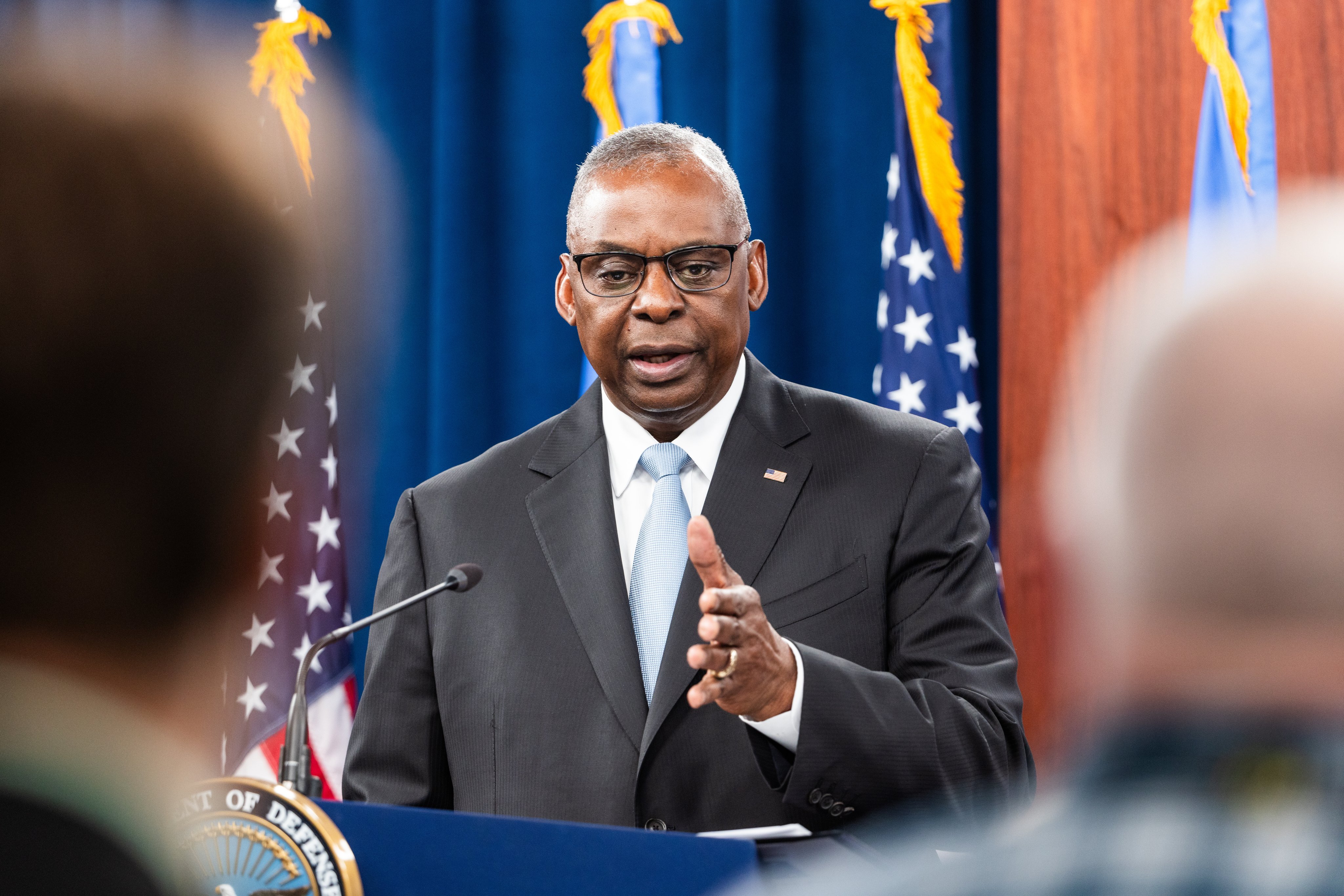

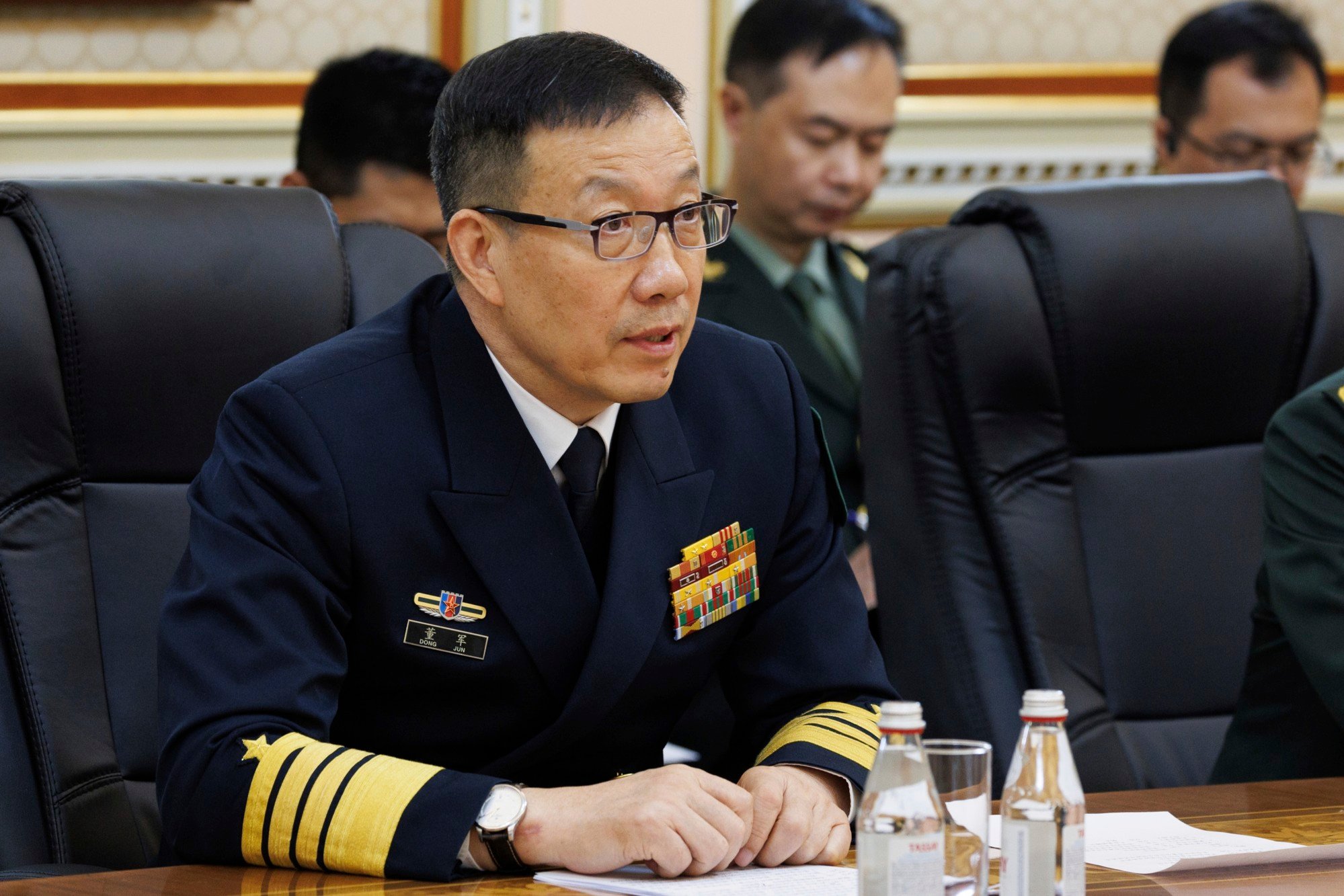


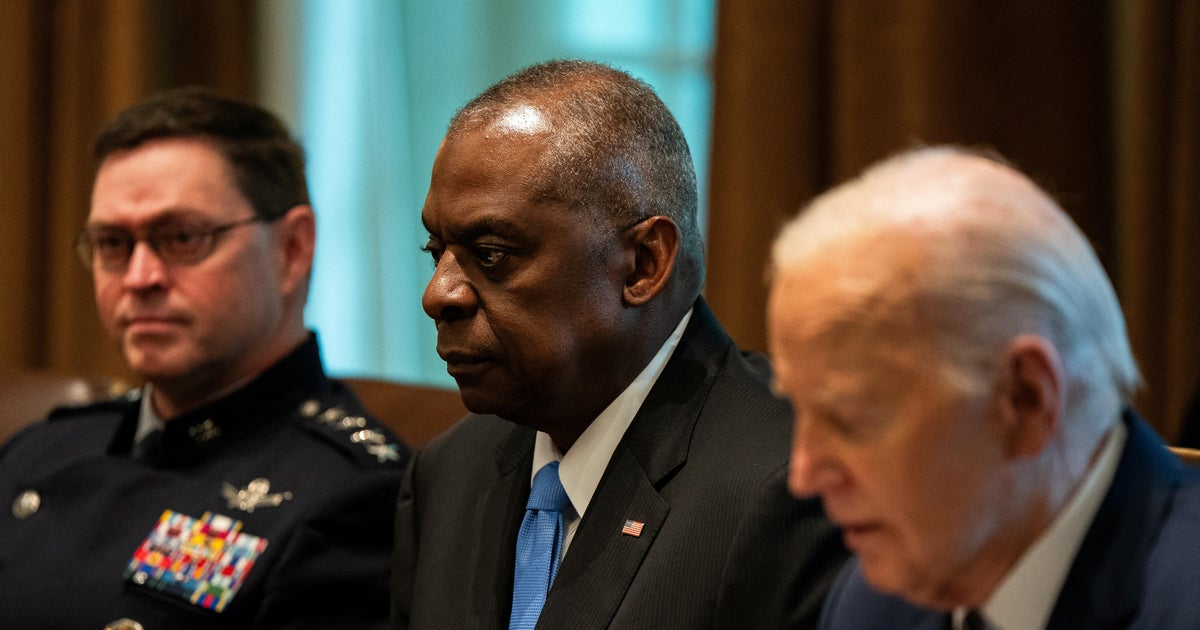

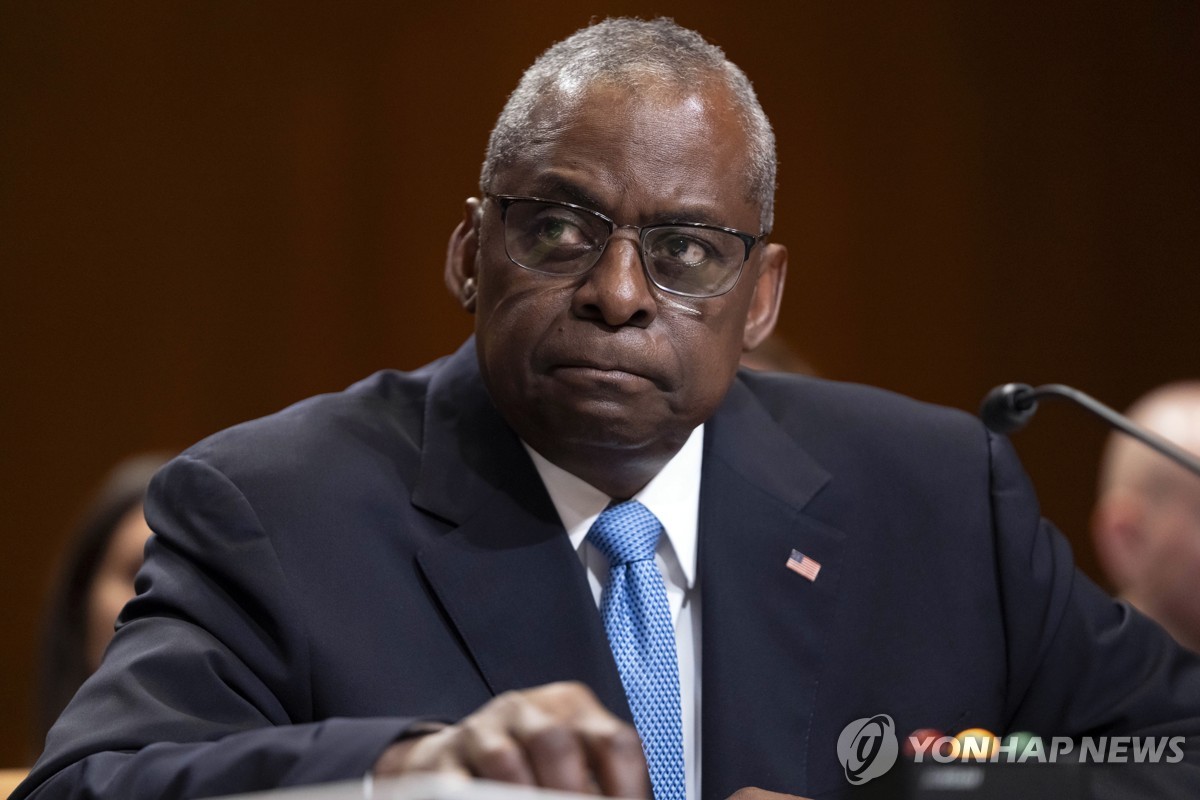


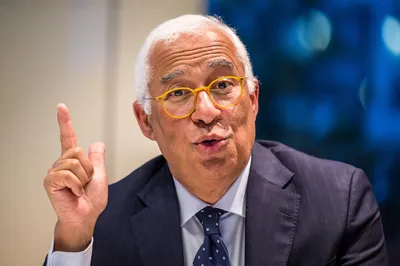

No comments:
Post a Comment